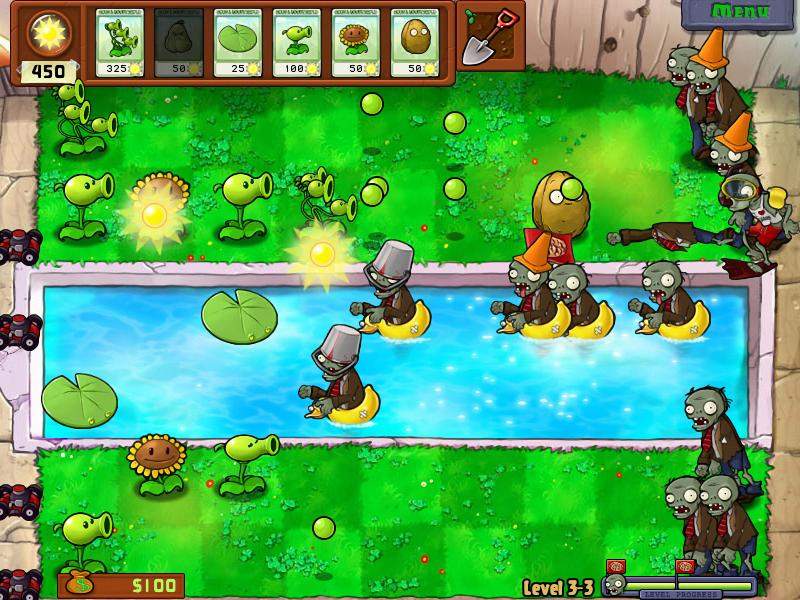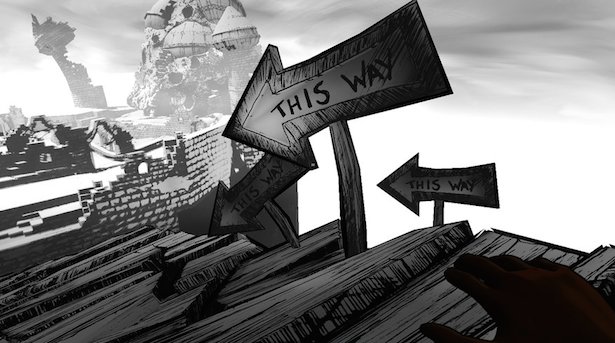(This is the first in a series of posts I am doing working with the theories of scholar and author Katie King. These are going to be a lead up to a special treat we have lined up for y’all in September. Next week will be looking at several video game characters as assemblages and examining what that means.)
‘Comcast sucks.” A phrase any gamer, frequent Internet user, or Netflixer are has uttered 100 times. Replace Comcast with whatever the regional Internet monopoly happens to be, and you have much the same story.
I haven’t had reliable Internet, well, ever really, if reliable means consistently working when you need it. But for the past six weeks, it has been getting recently worse, day by day. The last four days, I cannot be connected for more than three minutes (these are not estimates. I had some time on my hands this weekend, and I used a stopwatch). The downtimes ranged between two minutes and five hours. I literally sat on the couch staring at the disconnect screen on Xbox live for our. Now, you say, “why didn’t you play off-line?” But I had been, for weeks, playing all my games off-line. It was like gaming solitary confinement, but hey, it was still gaming. But I was sick of my lonely games of Civ V, of Dungeon Defenders, of Don’t Starve. I needed some interactions. I have multiplayer games essentially on pause. I have people who need most me to pass the next level. my poor battle pets hadn’t seen me in two weeks!

So ‘Tacious and I played multiplayer Dungeon Defenders. Every few minutes mine Internet would cut out. We would try again. On what seemed like the 10th time cutting out, I gave up. And I read a book. I read two books. Ender’s Game and Ready Player One. So, feeling sufficiently dystopic, I started thinking about the materiality of gaming. The side full of wires and electric current and little motherboards that are creating so much waste that it is feasible to say that our electronic addictions will kill thousands if not more people in Third World countries (this is talked about by scholars such as Dickie Selfe if you are interested in learning more about it. I only know from a conference presentation of his).
In ready player one, the world is falling apart, though the Internet connection is strong. It seems access itself may be “old hat”– talked about by scholars like Sam for 20 years or so. But this isn’t about access. It’s about material barriers, clutches, and prisons we have created around our gaming lives. Our virtual worlds are never untethered never free from them to reality of the world. This in part helps to replicate some of the same class race and gender issues we face in meat space. It also means that materiality is an integral part of our fantasies. I was robbed of my chance to become Khalessi, Hunter extraordinaire, to pal up with Rathard Jr., the offspring of a fallen comrade.ts Rathard Jr., the offspring of a fallen comrade. I was robbed of my chance to play with snappers, sprinkles, and all my other battle pets.
Our virtual and material co-create each other, they are entwined.
Gaming feels so self-contained you have separate characters, who do accept requests, in different games, on different consoles, in different times. But they are all connected by our bodies and our experiences. What the hell does this mean?
It means that Laura Croft is never Laura Croft is never Laura Croft. She’s a complex assemblage: past, present, future. Virtual, material. Us, other. A harmless cartoon? She is not. A child is fantasy? Make-believe? Unreal? She is not.
See you will never convince me that it’s okay or good scholarship to study one elements of the game out of context. The mechanics of the game, the storyline of the game, it would be nothing, meaning nothing, without all of it. The material, the theoretical, the virtual, the real, the imaginary. It’s all inextricably intertwined and re-assembled in every component every time we fall in love with a game. It’s always new, it’s always old.
Don’t you dare say to me that this is all just fantasy, that none of it really matters. Because no matter which way you look at it nothing is more real than a game.





One thought on “The Materiality of Gaming”
Hi there! Melissa from Comcast here. I happened upon your blog and wanted to offer my assistance. I’d like to see what’s going on with your service and see we get things fixed for you. Please email us at the address below with a link to this post, your service address, and best contact number. We’ll see your concerns are addressed.
Kind Regards,
Melissa Mendoza
Digital Media Specialist
National Customer Operations
We_Can_Help@comcast.com
@ComcastMelissa
+Melissa Mendoza